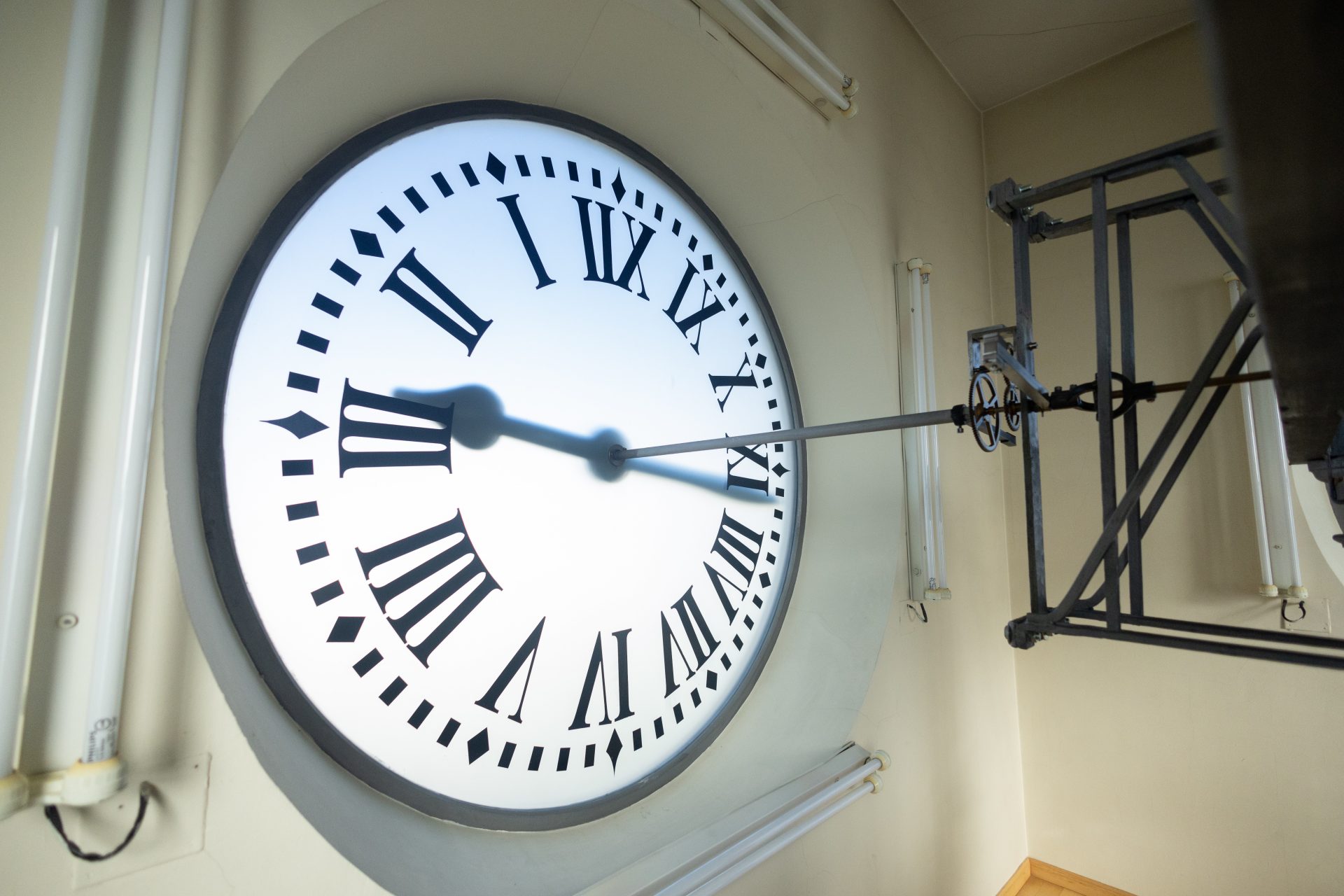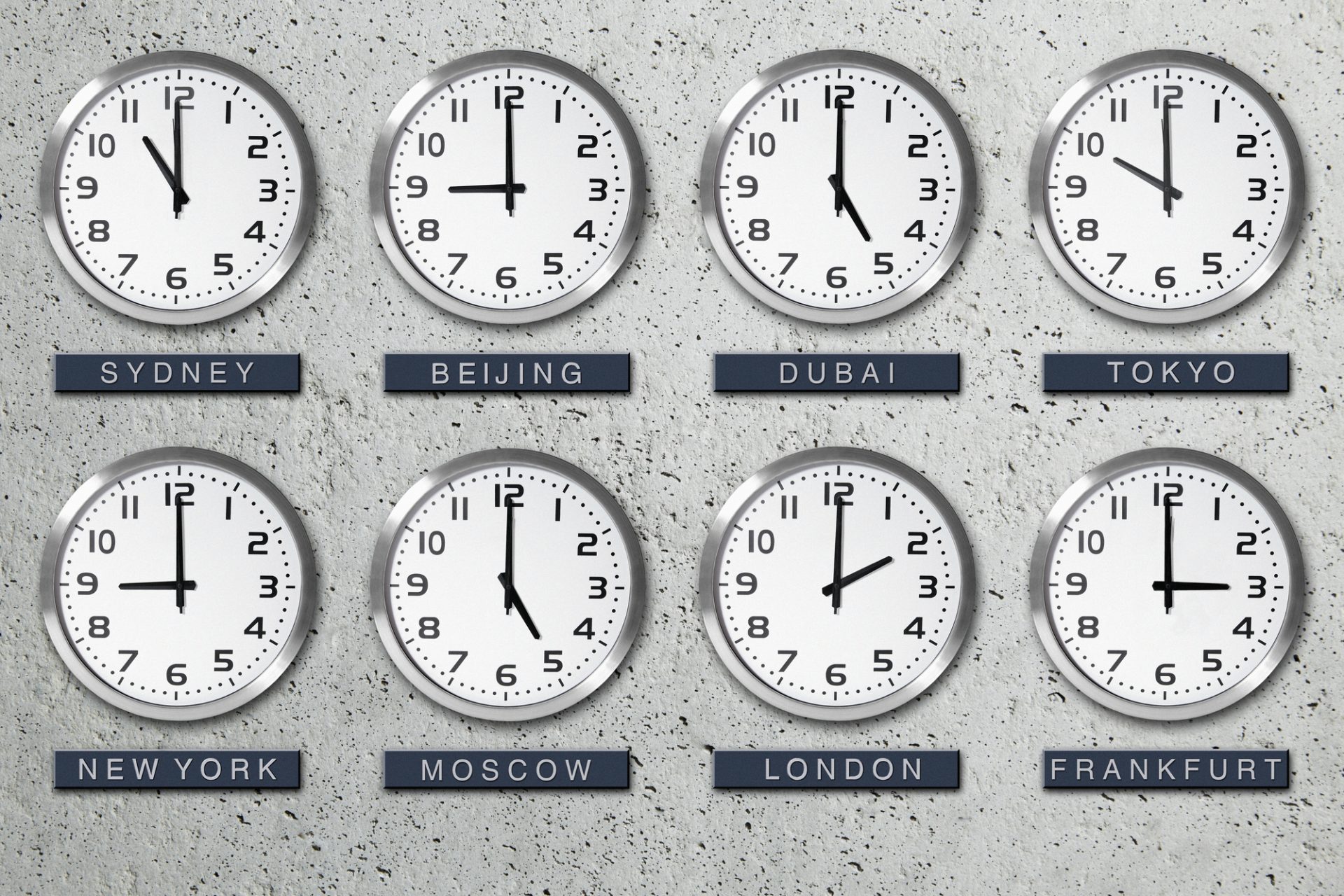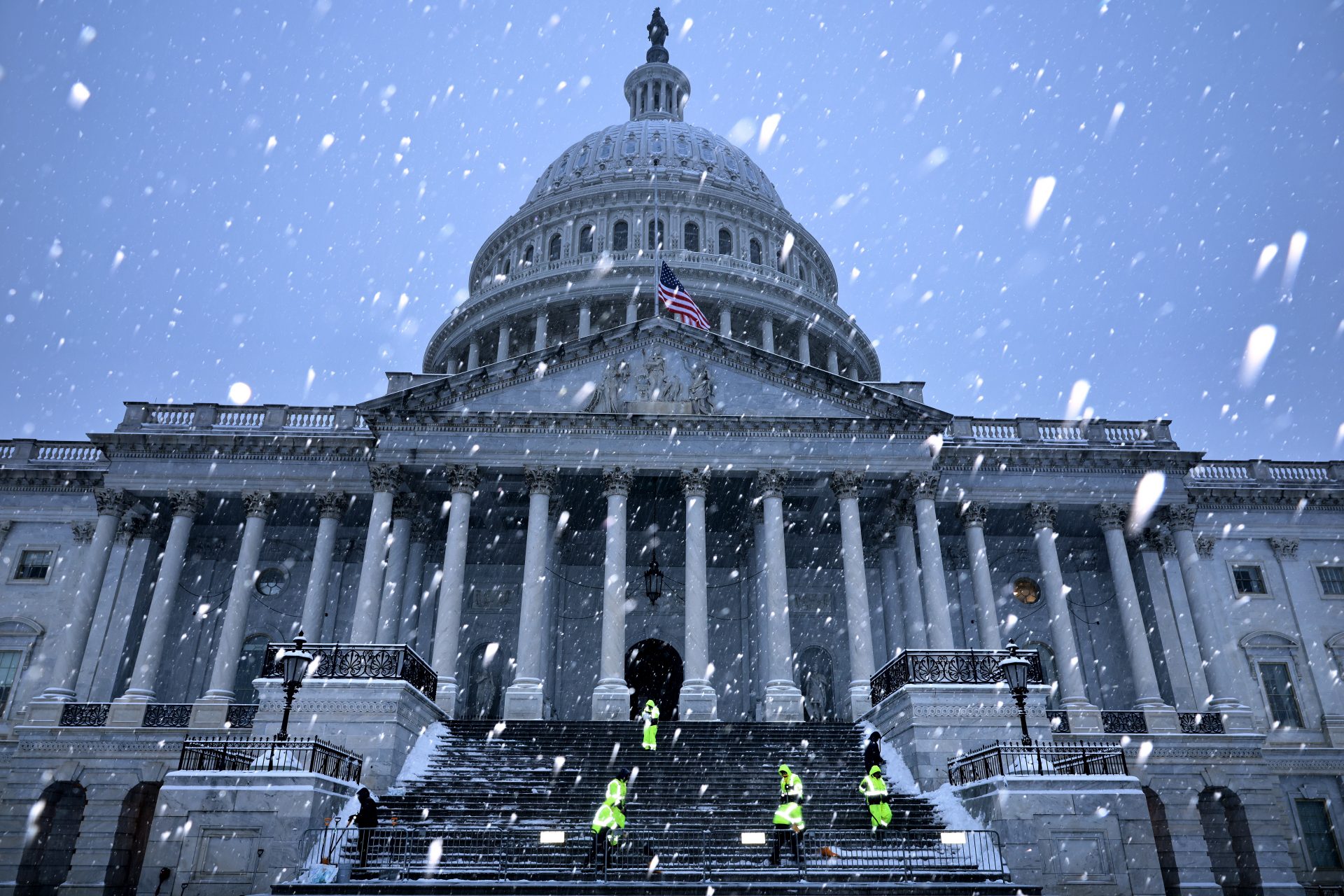Does daylight savings time actually preserve energy?
Daylight saving time ends the first weekend of November in the US. Some might wonder if the change is helpful as people readjust their clocks for the second time in a year.
A common way to explain clock changes to children is to say DST borrows an hour from them when spring starts and gives it back in the fall. But it simply is a way to prolong days in the warmer months.
DST is standard worldwide. According to an article by McGill University, most industrialized societies use it. In the US, it was first implemented in 1918 and grew from there.
It widely spread decades later when Europe adopted the measure during a 1970s energy crisis. Authorities have always regarded DST as a way to preserve energy.
However, researchers say the efficiency of the clock change on energy use has many divided. Some say it saves power, others say it doesn't, and others say it promotes more energy use.
In the US, state-level studies from the early 2000s concluded that daylight saving time saves no energy. In contrast, a 2008 nationwide research found the opposite: it saved enough to power 100,000 houses for a year (at that time).
To get a clearer picture, McGill turned to studies from countries that eliminated the practice, which made comparing easier. In Argentina, consumption increased, but in Jordan, it reduced by around 0.5%.
In any case, all the studies that concluded that DST saves energy gave numbers that might not justify the measure as a power-saving tool. Does it mean we need to abandon it?
Photo: Chris Leggat / Unsplash
There are some valid reasons to stop: some parents, McGill said, argue that it disturbs their children's sleep schedule. The issue can also affect adults, according to a study cited by Scientific American.
Ironically, farmers are often cited as a reason to keep DST, but the group opposed the measure. According to McGill, some farmers oppose it because colder early morning daylight makes work easier.
The different schedules to enter and exit DST (or Summer Time in Europe) vary according to the region or country, so keeping up with time differences can be exhausting.
However, there are also reasons to continue. It allows people to enjoy longer days. According to Scientific American, it helps businesses and a study showed that car accidents decrease during DST.
Never miss a story! Click here to follow The Daily Digest.
More for you
Top Stories

























